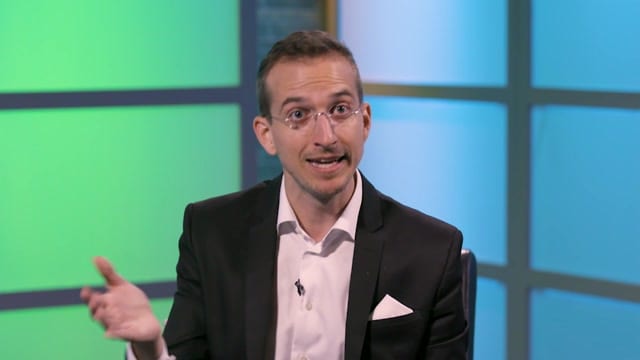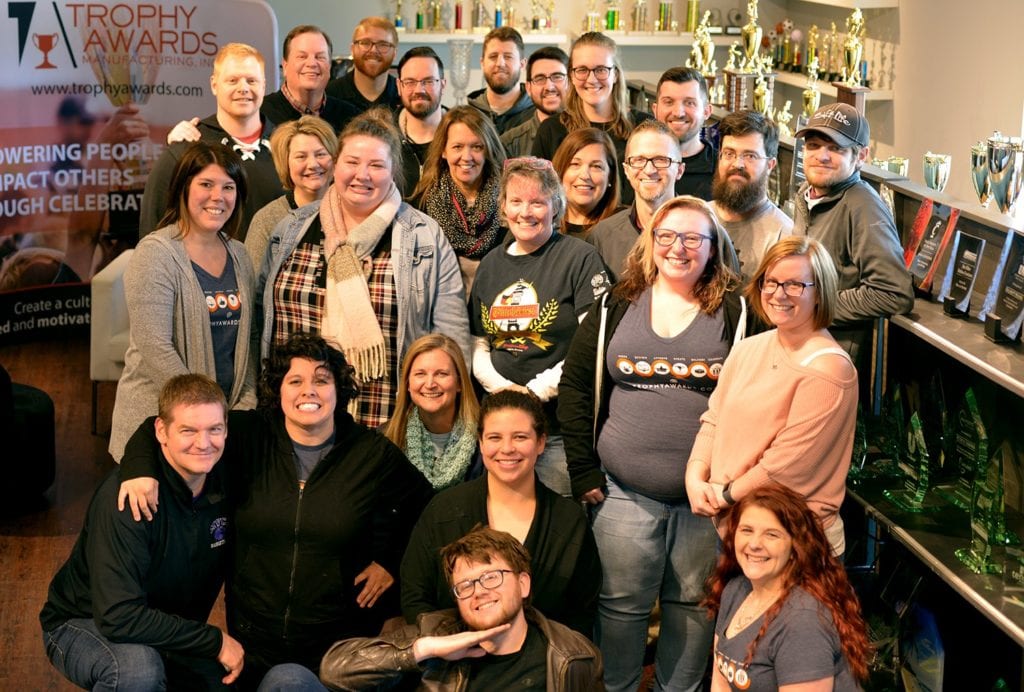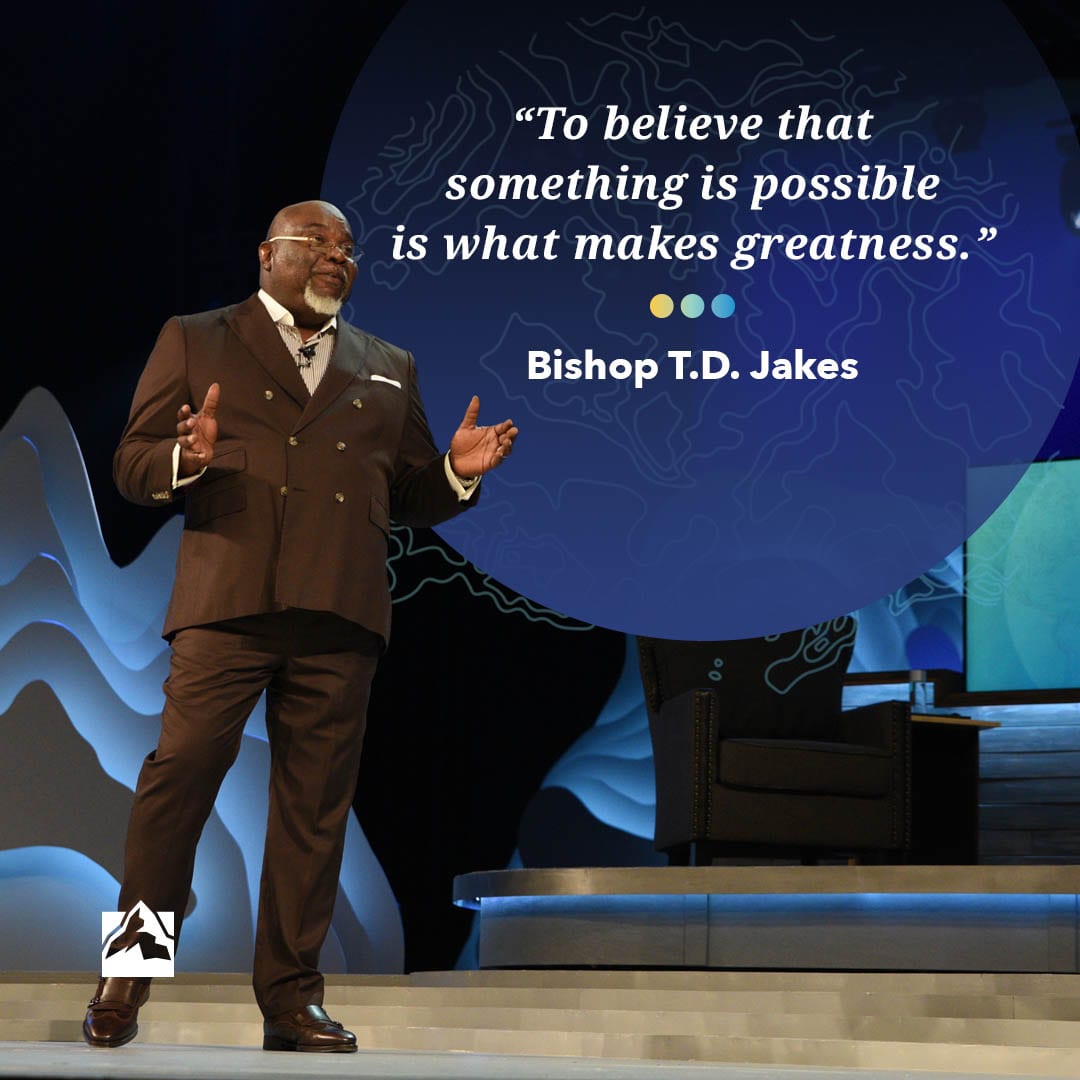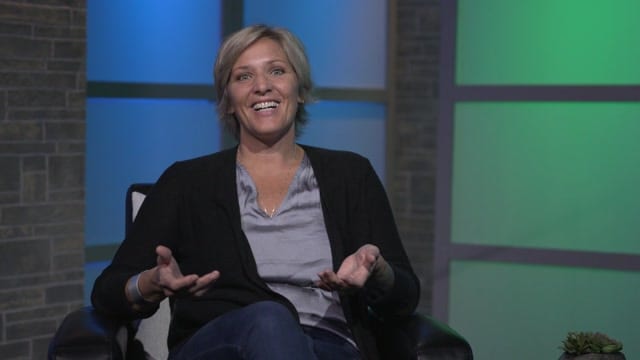
“Follow your passion” is a popular theme in graduation speeches. I’ve sat through my fair share, both as a student and professor. I’d wager that at least half of all speakers, maybe more, underscore the importance of doing something you love.
Follow your passion was not the message I heard growing up. Instead, I was told that the practical realities of surviving “in the real world” were far more important than any young person living a “sheltered life” such as my own could imagine. I was warned that overly idealistic dreams of “finding something I loved” could, in fact, be a breadcrumb trail into poverty and disappointment.
Just how ridiculous is it to advise young people to go out and do what they love?
Within the last decade or so, scientists who study interests have arrived at a definitive answer. First, research shows that people are enormously more satisfied with their jobs when they do something that fits their personal interests. What’s more, people whose jobs match their personal interests are, in general, happier with their lives.
Second, people perform better at work when what they do interests them. Employees whose intrinsic personal interests fit with their occupations do their jobs better, are more helpful to their co-workers and stay at their jobs longer.
People are enormously more satisfied with their jobs when they do something that fits their personal interests.
Gallup reports that worldwide, only 13 percent of adults call themselves “engaged” at work. So, it seems that very few people end up loving what they do for a living. When it comes to lining up our occupations with what we enjoy, how come so many of us miss the mark?
I don’t think most young people need encouragement to follow their passion. Most would do exactly that—in a heartbeat—if only they had a passion in the first place. We might envy those who love what they do for a living, but we shouldn’t assume that they started from a different place than the rest of us. Chances are, they took quite some time figuring out exactly what they wanted to do with their lives.
What most of us think of when we think of passion is a sudden, all-at-once discovery. But a first encounter with what might eventually lead to a lifelong passion is exactly that—just the opening scene in a much longer, less dramatic narrative. Passion for your work is a little bit of discovery, followed by a lot of development and then a lifetime of deepening. Let me explain.
First, childhood is generally far too early to know what we want to be when we grow up. Longitudinal studies following thousands of people across time have shown that most people only begin to gravitate toward certain vocational interests, and away from others, around the age when they’re in middle school.
Second, interests are not discovered through introspection. Instead, interests are triggered by interactions with the outside world. The process of interest discovery can be messy, serendipitous and inefficient. This is because you can’t really predict with certainty what will capture your attention and what won’t. You can’t simply will yourself to like things, either. Without experimenting, you can’t figure out which interests will stick, and which won’t.
Paradoxically, the initial discovery of an interest often goes unnoticed by the discoverer. In other words, when you just start to get interested in something, you may not even realize that’s what’s happening. The emotion of boredom is always self¬-conscious—you know it when you feel it—but when your attention is attracted to a new activity or experience, you may have very little reflective appreciation of what’s happening to you. This means that, at the start of a new endeavor, asking yourself nervously every few days whether you’ve found your passion is premature. Third, what follows the initial discovery of an interest is a much lengthier and increasingly proactive period of interest development. Crucially, the initial triggering of a new interest must be followed by subsequent encounters that retrigger your attention—again and again and again.
Finally, interests thrive when there is a crew of encouraging supporters, including parents, teachers, coaches and peers. Why are other people so important? For one thing, they provide the ongoing stimulation and information that is essential to liking something more and more. Also—more obviously—positive feedback makes us feel happy, competent and secure.
Interests thrive when there is a crew of encouraging supporters.
Is it “a drag” that passions don’t come to us all at once, as epiphanies, without the need to actively develop them? Maybe.
The reality is that our early interests are fragile, vaguely defined and in need of energetic, years-long cultivation and refinement.
This article originally appeared on welldoing.org.












Recent Comments